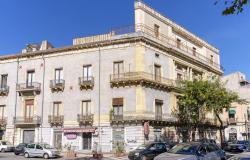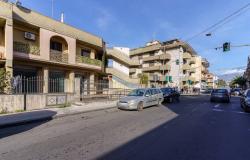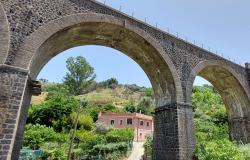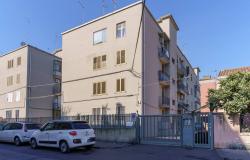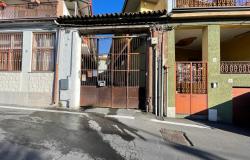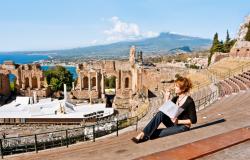 A top Italian anti-Mafia crusader called on Monday for a new law to punish shopkeepers who paid protection money to the Mafia without going to the police.
A top Italian anti-Mafia crusader called on Monday for a new law to punish shopkeepers who paid protection money to the Mafia without going to the police.
Tano Grasso, the honorary chairman of the Italian Federation of Anti-Racket Associations, said he would put the controversial idea to Interior Minister Giuliano Amato at a meeting on Thursday.
Mafia extortion rackets are rife in southern Italy and particularly Sicily where in some cities, eight out of ten businesses are believed to pay the mob tax or 'pizzo'.
Grasso, a former national anti-racket chief, said shopkeepers who failed to report the crime should be fined or even forced to temporarily shut down.
He stressed that many shopkeepers were now paying up out of habit rather than fear for their safety.
"We'e no longer in the early 1990s when rebellion took an act of heroism. In crimes like extortion, compliance has negative consequences for everyone," added Grasso, who spearheaded the first revolt by Sicilian businessmen against paying the pizzo.
The head of the parliament's anti-Mafia commission, Francesco Forgione, expressed interest in Grasso's proposal, saying it would tackle the problem of what he termed the "silent cohabitation" between some shopkeepers and the Mafia.
But he also underscored the need to ensure the complete safety of retailers who reported extortion bids to the police.
Top Palermo anti-mob prosecutor Maurizio De Lucia said that he agreed with the need for "incentives" to encourage shopkeepers to come forward.
"Often their reticence is more due to acceptance or convenience than fear," he said.
But shopkeepers in Palermo slammed the proposal, saying the State failed to guarantee them protection against the Mafia.
"A fine would be better than going to the police," said one store owner in the city centre.
Another told reporters that "the State does nothing to help us so going to the police would be pointless... Even if they arrest the mafiosi, they're out again in a couple of months and back here threatening us".
Citizens' rights bureau Codici also criticised the idea, commenting that "one can't expect people to act like heroes if they don't have the necessary support... Punishing victims who don't go to the police would only be an admission of the State's failure to do its job of tackling organised crime".
But Grasso argued that the Mafia had changed its tactics over the past few years and that shopkeepers who took a stance and refused to pay were no longer threatened or killed as in the famous case of Libero Grassi.
Grassi, a Sicilian clothing manufacturer, refused to pay protection money to the Mafia and went public with his complaints against the mob. He was gunned down in 1991.
That same year, Grasso founded Italy's first anti-racket business association in his hometown of Capo d'Orlando, Sicily, where he owned a shoe store.
According to a report last year by national retailers' association Confesercenti, the Mafia extorts 200 million euros a day from Italian businesses through the pizzo, loan sharking and other crimes.
The report said organised crime groups raked in 80 million euros every day from shopkeepers alone.
It said retailers in southern Italy were particularly exposed to the crime organisations with 80% of shops in the Sicilian cities of Palermo and Catania forced to pay protection money and 50% in Naples and the surrounding region.
It put the annual turnover of Italy's various Mafia organisations at a total of 75 billion, noting that this was "equal to a colossus like (gas group) Eni, double that of Fiat and ten times more than that of Telecom Italia".
